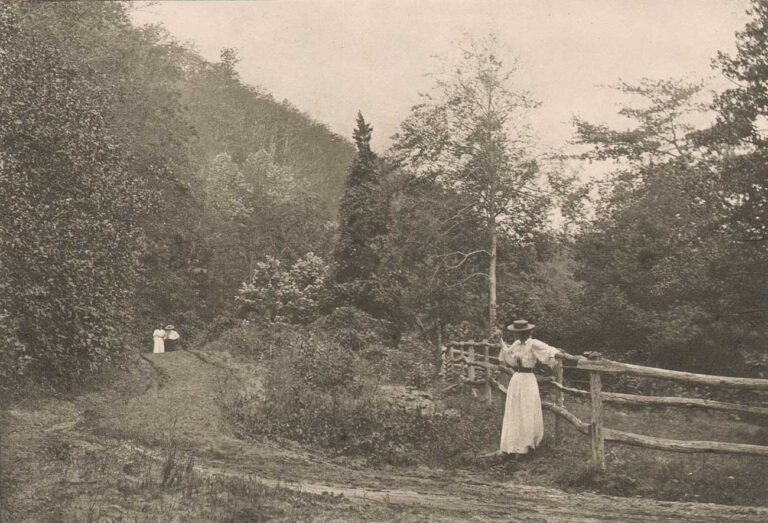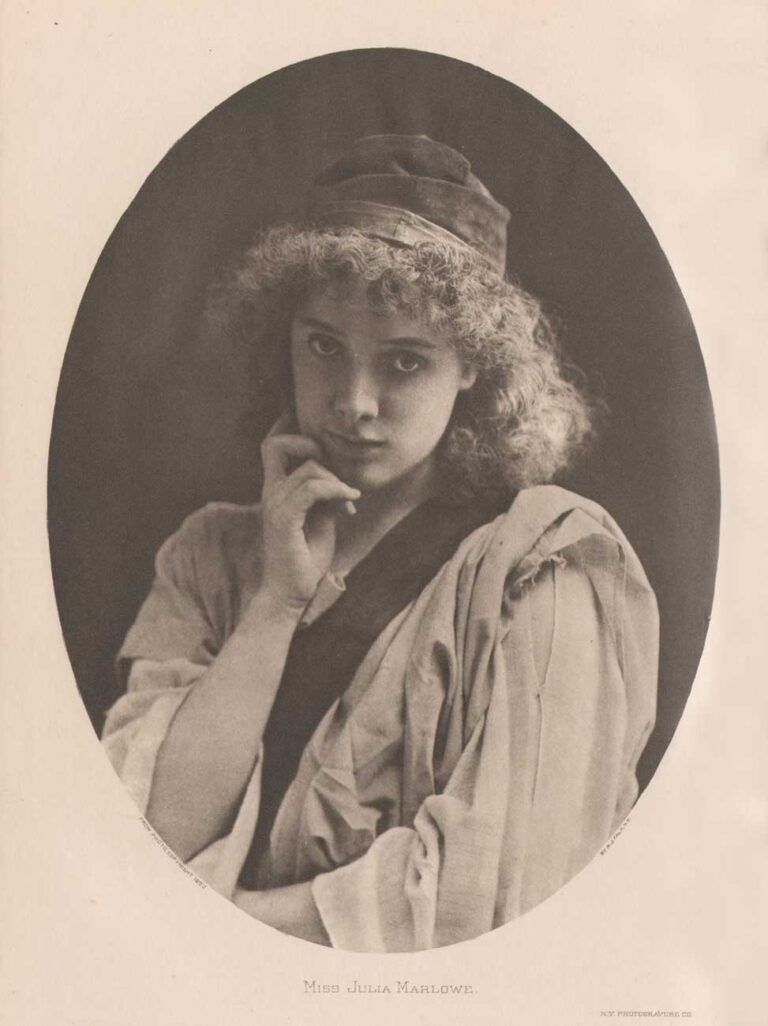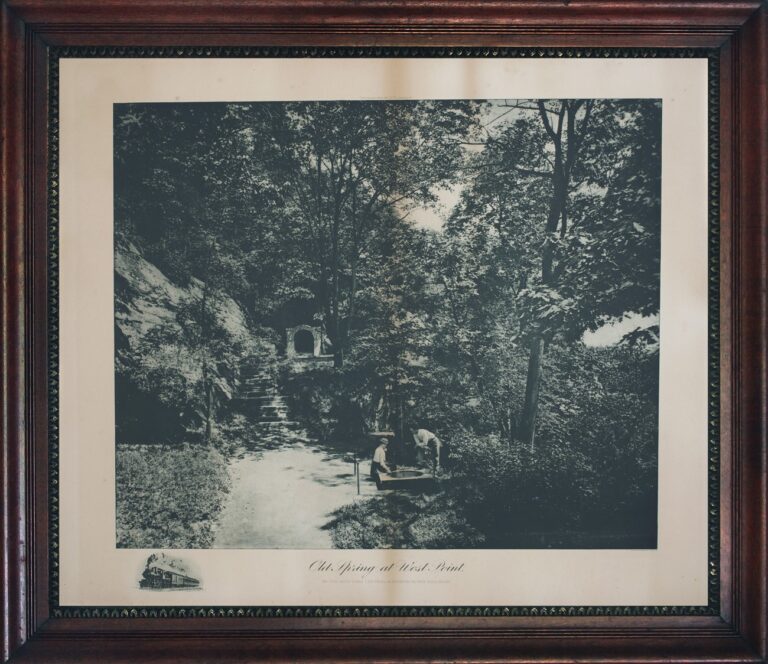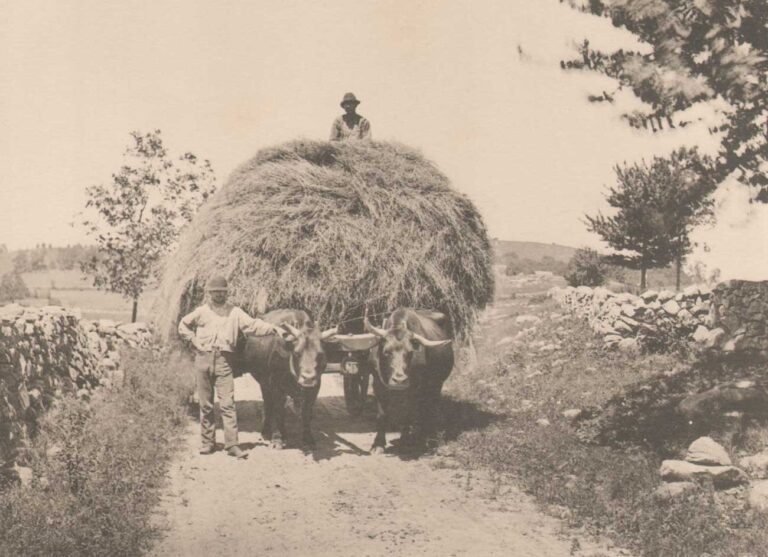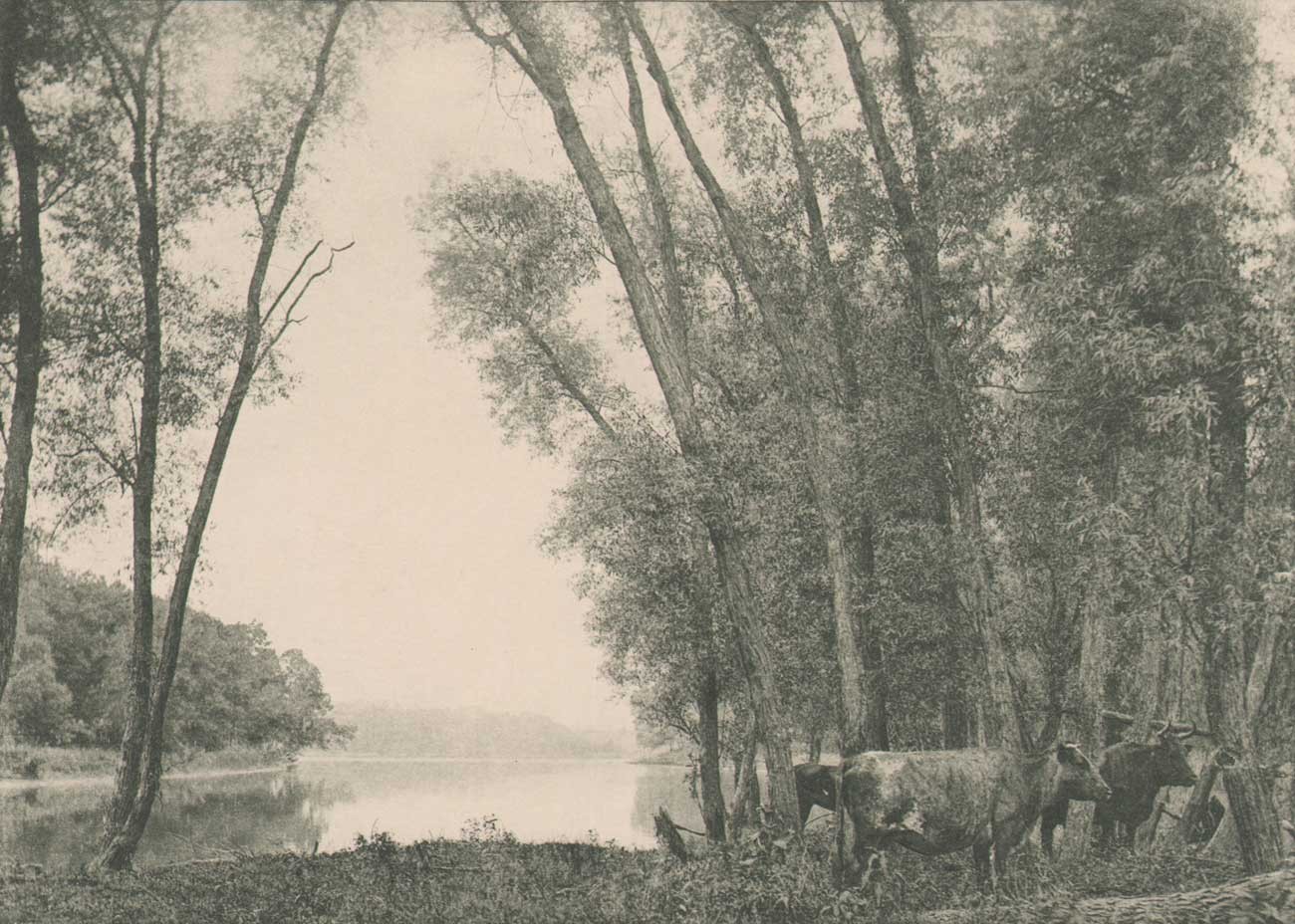
Rock River Scene
Amateur photographer William H. Shuey was a member of the Chicago Camera Club. In 1891, Shuey is listed as president of the Douglas & Shuey Company of Chicago, located at 211 State Street. (Anthony’s Photographic Bulletin) This firm sold “Everything used in Photography“, including “Portrait and View Outfits, Lenses and Accessories, Pure Chemicals, (and) The Greatest Variety of Dry Plates in the West.” (1.)
The following editorial comment regarding this plate appears on p. 4:
EDITORIAL NOTES.
A HAPPY NEW YEAR TO ALL.
Our frontispiece this week will, we think, be admired by our readers. It is almost a perfect picture. Examining it critically, it would perhaps be improved by a slight addition to the foreground, but even this shortening helps to lend majesty to the tall and graceful trees.
The poem of Margaret Fuller printed herewith, is in perfect accordance with the dreamy nature of the scene. Mr. W. H. Shuey is to be congratulated upon the picturesque result he has secured, for, technically speaking, the subject is by no means an easy one.
Depicting a scene along the Rock River near Oregon, Illinois (located southwest of Rockford, Ill) Shuey was inspired by the prose of author and American transcendentalism movement advocate Margaret Fuller, (1810-1850) in taking the photograph, writing a short tribute to her in the pages of the Photographic Times of which Rock River Scene was used as the frontis. An excerpt:
MARGARET FULLER.
By W. H. Shuey.
It was my privilege on July fourth last to visit with my camera the country around Oregon, Illinois, of which Margaret Fuller wrote just fifty years before: “Here swelled the river in its boldest course, interspersed by halcyon isles on which nature had lavished all her prodigality in tree, vine, and flower, banked by noble bluffs, three hundred feet high, their sharp ridges as exquisitely definite as the edge of a shell; their summits adorned with those same beautiful trees, and with buttresses of rich rock, crested with old hemlocks, which wore a touching and antique grace amid the softer and more luxuriant vegetation. Lofty natural mounds rose amid the rest, with the same lovely and sweeping outline, showing everywhere the plastic power of water—water, mother of beauty—which, by sweet and eager flow, had left such lineaments as human genius never dreamt of.” (p. 5)
print details: recto: printed below impressed plate margin is a quote from Margaret Fuller:
“One of those soft, shadowy afternoons,
When Nature seems ready to weep, not for grief,
But from an overfull heart.”
Margaret Fuller Ossoli.
title of work assigned by this archive
1. advertisement in: The Photographic Image: A Theoretical and Practical Treatise of the Development in the Gelatine, Collodion, Ferrotype and Silver Bromide Paper Processes: New York: Press of William R. Jenkins: 1891
